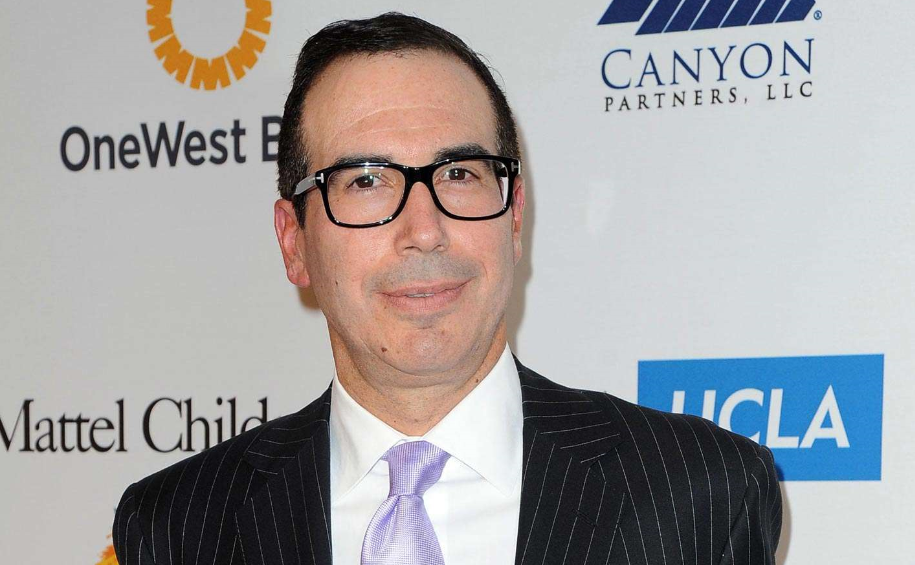US Treasury Secretary Mnuchin comments
- hopeful China trade talks will make progress
- Huawei is not a pawn in trade talks

Warren Buffett’s Berkshire Hathaway headlined a record day in Japan’s bond market Friday by setting the terms on a 430 billion yen ($4 billion) offering, the biggest yen-denominated issue ever by a foreign multinational.
The U.S. investment group is selling five-, seven-, 10-, 15-, 20- and 30-year bonds.
The biggest chunk, 146.5 billion yen in 10-year debt, carries a 0.44% coupon — an attractive yield at a time when Japan’s benchmark long-term interest rate languishes below zero.
Banks, insurers, asset managers and other investors flocked to Berkshire’s offering, which falls under a global yen bond heading that allows foreign buyers to participate. Debt offerings under this framework have been growing gradually, with such big names as Apple, Starbucks, and Procter & Gamble joining in, and both Wall Street and Japanese financial institutions are pitching bond floats.
The success of the record debt sale could embolden other multinationals to raise capital in Japan’s bond market, where most yen-denominated offerings by foreign issuers have been small.
Berkshire’s AA issuer rating from S&P Global Ratings puts it slightly above the AA- of Japanese blue chip Toyota Motor. (more…)
US stocks were mixed as Federal Reserve officials cast doubts on further rate cuts and a reading on domestic manufacturing stoked concerns over the health of the economy. The S&P 500 ticked 0.1 per cent lower after drifting between gains and losses, with investors turning their attention to the central bank’s annual summit where chairman Jay Powell will speak on Friday. The Nasdaq Composite was down 0.4 per cent, while the Dow Jones Industrial Average rose 0.2 per cent on a rally in shares of Boeing. Central bankers from around the world have descended on Jackson Hole, Wyoming, for a policy symposium that is closely watched by investors seeking clues on monetary policy.
Market participants are looking for the Fed to follow its July rate cut with another one in September, but at the start of the Jackson Hole gathering on Thursday, Philadelphia Fed president Patrick Harker and Kansas City Fed president Esther George indicated in television interviews that they would not back further cuts. “My sense was we’ve added accommodation, and it wasn’t required in my view,” Ms George, one of two dissenters in the July decision, told CNBC. Mr Harker, who is not a voting member of the Fed’s policy setting committee, said he believes the federal funds rate is around its neutral level, adding: “I think we should stay here for a while and see how things play out.” The US 10- and two-year yield curve inverted for the second time this week following the remarks. The yield on the benchmark 10-year Treasury rose 3.3 basis points to 1.6097 per cent, while the policy-sensitive two-year yield was up 4.5bp at 1.6141 per cent. An inverted yield curve is considered a sign that investors expect a recession.